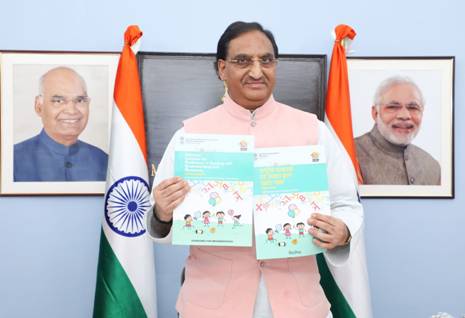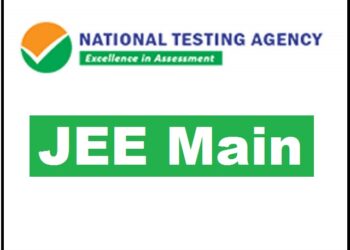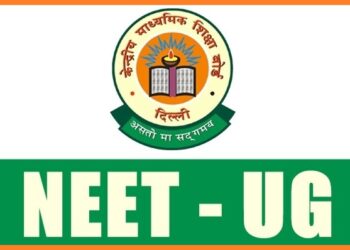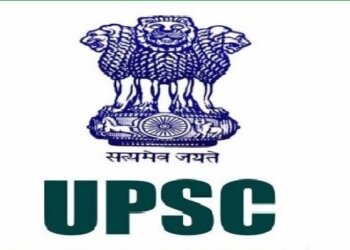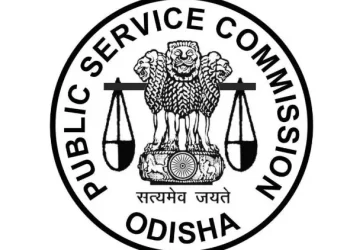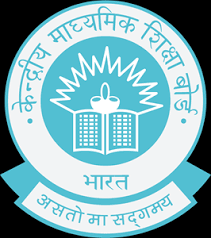Union Minister for Education, Shri Ramesh Pokhriyal ‘Nishank’ today virtually launched a National Initiative for Proficiency in Reading with Understanding and Numeracy (NIPUN Bharat), for ensuring that every child in the country necessarily attains foundational literacy and numeracy by the end of Grade 3, by 2026-27. The National Mission was launched in the presence of Minister of State, Shri Sanjay Dhotre, Smt. Anita Karwal, Secretary (SE&L), senior officers from the Ministry, all States and UTs, Senior Policy Makers and Heads of Institutions. On this occasion, a short video, anthem and NIPUN Bharat Guidelines were also launched. This Mission, which has been launched under the aegis of the centrally sponsored scheme of Samagra Shiksha, will focus on providing access and retaining children in foundational years of schooling; teacher capacity building; development of high quality and diversified Student and Teacher Resources/Learning Materials; and tracking the progress of each child in achieving learning outcomes.
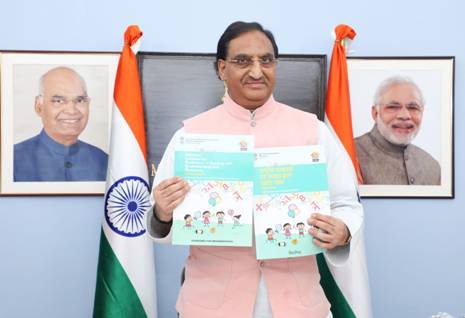
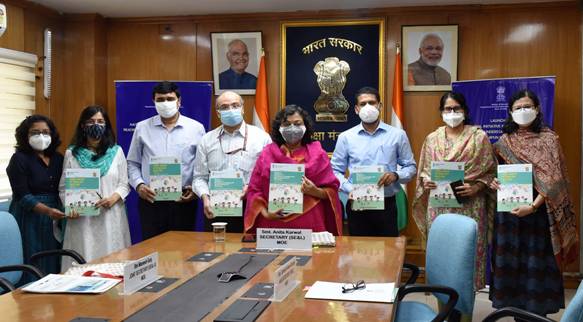
Addressing the participants Shri Pokhriyal said that NIPUN Bharat aims to cover the learning needs of children in the age group of 3 to 9 years. He said that teachers need to focus on every child for developing basic language; literacy and numeracy skills which will help them develop into better readers and writers. Thus, NIPUN Bharat envisages making the experience of learning at the foundational stage Holistic, Integrated, Inclusive, Enjoyable, and Engaging, he added.
The Minister underlined that the National Education Policy 2020 has laid down that attaining foundational literacy and numeracy for all children must become an immediate national mission. In keeping with this, the Department has developed a comprehensive guideline under NIPUN Bharat, through a series of intensive consultations with implementing partners, experts to make it flexible and collaborative, he added. Shri Pokhriyal said that it covers key technical aspects of foundational literacy and numeracy as well as the administrative aspects for effectively setting up an implementation mechanism at the National, State, District, Block and School level. He also informed that an approval of Rs 2688.18 crore has already been given under Samagra Shiksha scheme to the States and UTs for implementation of the various interventions for Foundational Stage in 2021-22.
Speaking on the occasion Shri Dhotre said that quality education is the bedrock of strong Nation building and, foundational education in literacy and numeracy skills is its core component. The Minister stated that in the coming years, this mission will change the outlook of our school education, and will strongly impact 21st Century India. Shri Dhotre stressed that NIPUN Bharat will not only help our students to take a big leap in their higher classes, but it will also have a major impact in making our students globally competitive.
The unique feature is that the goals of the Mission are set in the form of Lakshya Soochi or Targets for Foundational Literacy and Numeracy.Although, the overall aim is to achieve the desired learning outcomes by the end of grade 3, however, in order to generate greater awareness among the parents, community, volunteers etc. the Lakshyashas been developed from Balvatika to Grade 3. The Laskhyas are based on the learning outcomes developed by the NCERT and international research and ORF studies. For example, a child should be able to read 45to 60 words per minute and atleast 60 words per minute correctly by the end of Grade II and III respectively from an age appropriate unknown text with comprehension and clarity.
The success of NIPUN Bharat will primarily depend on teachers, so, there will be a special emphasis on capacity building of teachers. A special package for foundational literacy and Numeracy under NISHTHA is being developed by NCERT and around 25 lakh teachers teaching at pre-primary to primary grade will be trained this year on FLN.
Following outcomes have been envisaged from implementation of the goals and objectives of NIPUN Bharat Mission:
- Foundational skills enable to keep children in class thereby reducing the dropouts and improve transition rate from primary to upper primary and secondary stages.
- Activity based learning and conducive learning environment will improve quality of education.
- Innovative pedagogies such as toy-based and experiential learning will be used in classroom transaction thereby making learning a joyful and engaging activity.
- Intensive capacity building of teachers will make them empowered and provide greater autonomy for choosing the pedagogy.
- Holistic development of the child by focusing on different domains of development like physical and motor development, socio-emotional development, literacy and numeracy development, cognitive development, life skills etc. which are interrelated and interdependent, which will be reflected in a Holistic Progress Card.
- Children to achieve steeper learning trajectory which may have positive impacts on later life outcomes and employment.
- Since almost every child attends early grades, therefore, focus at that stage will also benefit the socio-economic disadvantageous group thus ensuring access to equitable and inclusive quality education.
Thus, NIPUN Bharat is envisaged to support and encourage students, along with their schools, teachers, parents, and communities, in every way possible, to helprealise the true potential of our children and propel the country to new heights.
Click below to access presentation on NIPUN Bharat:
https://static.pib.gov.in/WriteReadData/specificdocs/documents/2021/jul/doc20217531.pdf
Click below to access NIPUN Bharat Guidelines:
https://www.education.gov.in/sites/upload_files/mhrd/files/NIPUN_BHARAT_GUIDELINES_EN.pdf
Source:PIB
visit at: www.shree1news.com







 Finance
Finance